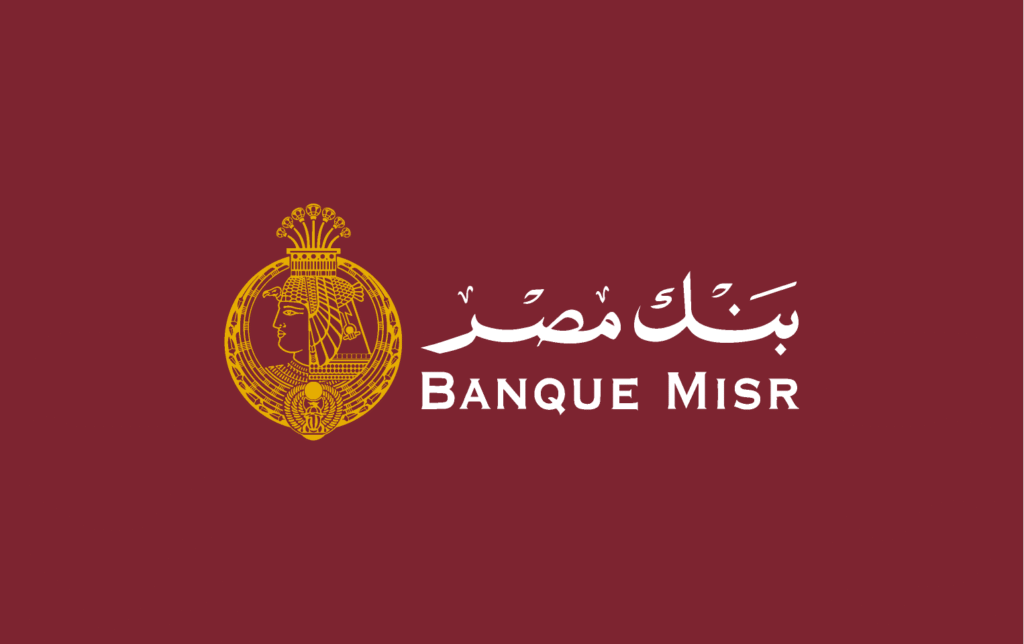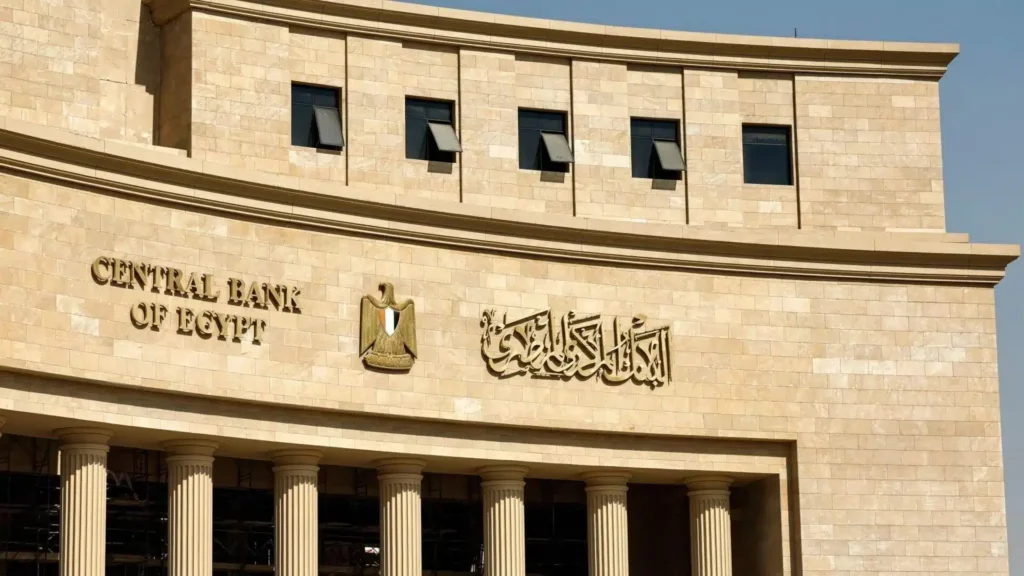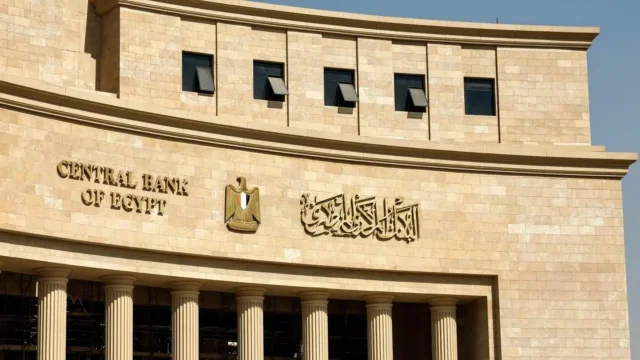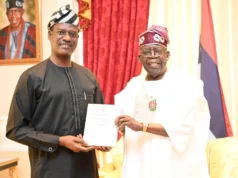Egypt has just recorded a historic milestone in its banking industry. On 17 August 2025, Bank Misr, one of the country’s largest and most respected state-owned commercial banks, announced that its subsidiary, Misr Digital Innovation (MDI), has officially rebranded to onebank. With this move, Bank Misr now becomes the proud operator of Egypt’s first fully digital bank.
For a country where banking halls are often crowded and paperwork has long defined customer experiences, this new era signals more than rebranding. It is a deliberate attempt to meet the evolving needs of modern Egyptians—especially young, mobile-first users who have long demanded a financial system they can access with just a smartphone.
The approval granted to Bank Misr by the Central Bank of Egypt is not just about prestige; it is about reshaping the future of banking in one of Africa’s most populous nations. The launch of onebank marks the point where traditional financial muscle meets digital innovation.
Table of Contents

Why This Transformation Matters
Egypt’s progress on financial inclusion has been impressive in recent years. Back in 2016, only 27.4% of adults had access to financial services. By 2023, that number had jumped to more than 70%. Yet, despite this growth, there was a clear gap: Egyptians lacked access to a fully digital, regulator-backed bank.
The reason was simple—money. Securing a digital banking licence in Egypt comes at a hefty cost. For fintech companies, the barrier was EGP 2 billion (about USD 42 million). For traditional banks, the entry point was even higher, requiring a capital base of EGP 5 billion (about USD 103 million). That kind of financial demand meant smaller fintech innovators could not dream of building their own digital banks.
Instead, they relied on partnerships with existing banks—often offering limited services like payments and micro-loans. While useful, these solutions did not provide the full scope of banking Egyptians wanted. The average young graduate, street vendor, or entrepreneur could use an app to send money, but not to fully manage their savings, apply for a loan, or run all transactions from one digital platform.
Now, Bank Misr has broken through those barriers. By leveraging its financial strength and regulatory credibility, it has launched onebank—a fully digital institution that delivers the complete banking experience online. For Egypt, this is the moment where aspiration meets reality.

What Onebank Offers to Everyday Egyptians
For the ordinary Egyptian, what does this mean in practical terms? It means no more endless queues at physical branches, no more repeated trips to update account details, and no more stacks of forms. Instead, onebank promises:
- Instant onboarding: Opening an account can be done fully online, with no need to step into a branch.
- Mobile-first banking: All services are designed for easy use on a smartphone.
- Comprehensive services: Beyond payments, users can access savings, transfers, and loans—all in one place.
- Faster transactions: Transfers and payments can be made in seconds.
For a young entrepreneur running an online business, this can save hours otherwise wasted in traffic or queues. For workers sending money to family, it makes life simpler and faster. For rural communities, it reduces the need to travel long distances to the nearest branch.
Onebank also opens the door to stronger collaborations between banks and fintechs. With a functioning digital infrastructure, smaller innovators may find new opportunities to plug into a system that is already licensed and operational. This could lead to more consumer-friendly services and better financial products over time.

A Turning Point for African Banking
Bank Misr’s bold step carries implications far beyond Egypt. It positions the country as a pioneer in the digital banking revolution on the African continent. While Nigeria and Kenya have led with mobile money platforms and app-based financial services, fully digital, regulator-backed banks remain rare.
By showing that it is possible to combine traditional banking power with digital innovation, Egypt is sending a clear message to other African financial systems: the future is online. If onebank succeeds in attracting millions of customers, it may encourage regulators elsewhere to lower licensing barriers and stimulate the rise of more digital banks.
It also sets the stage for regional competition. With a population of over 104 million people, Egypt’s digital banking model has scale. But if replicated in countries like Nigeria, South Africa, or Ghana, the effect could be continental—a redefinition of banking for millions who already rely on smartphones for everything from work to leisure.
For now, Bank Misr is the one to watch. By merging its long-standing reputation with modern digital architecture, it has placed Egypt firmly on the global map of financial innovation. The move is not without risks—convincing millions to trust a fully digital system will take time, and fintech competitors will watch closely. But if successful, this could be the beginning of a new financial story for Egypt and, by extension, Africa.
Join Our Social Media Channels:
WhatsApp: NaijaEyes
Facebook: NaijaEyes
Twitter: NaijaEyes
Instagram: NaijaEyes
TikTok: NaijaEyes





